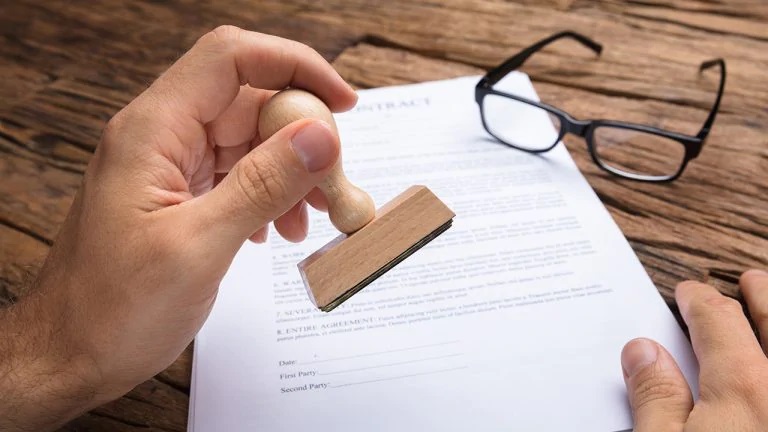- About Us
About Us
Chandrawat & Partners is a leading full service international firm with offices in India and abroad. The firm is rapidly growing and offers a wide range of legal and professional services to domestic and international clients.
- Practice Areas
- International and Domestice Arbitration & Mediation
- Contract Drafting and Agreement Review
- Civil Matters, Claims and Compensation
- Constitutional & Public Interest Litigation
- Corporate and Commercial Matters
- Criminal Litigation
- Domestic Arbitration
- Employment, Labour and Service Matters
- Family and Personal Laws
- Financial Disputes and Tax Matters
- Information Technology and Cyber Matters
- Intellectual Property Matters
- Merger and Acquisition
- Negotiable Instrument- Cheque Bounce Matters
- Trademark Registration and Infringement
Practice Areas
- Sectors
Sectors
- Bilateral Relations
Bilateral Relations
- DTAA
DTAA
- Insights
- Career
- Recent Judgements
- Contact Us
Will Drafting & Review
Home > Practice Areas > Will Drafting & Review
Will Services
A Will is a legal declaration of the intention of the testator, with respect to his property, which he desires to be carried into effect after his death.
After the death of a person, his property devolves in two ways – according to his Will i.e. testamentary, or according to the respective laws of succession, when no Will is made. In case an individual dies intestate (no Will is made), the laws of succession come into play. A well drafted will prevents at the very outset, any dispute, arising after death of a person in relation to disposal of his property.One can also appoint an executor to carry out the terms of the will, specify funeral arrangements, and waive probate fees.
By means of a Will, one can ensure:
- A testamentary guardian for his infant children;
- Provision for a faithful servant, a nurse, a friend in need of money and so on;
- Fulfilling his spiritual desires like creating a trust, donating to good causes or social service.
Essentials of a will
- A will must be signed and witnessed in accordance with the law.
- A will must dispose of some property to others after the testator’s death.
- A will only becomes enforceable after the testator’s death.
- A testator can change their will at any time in any manner they see fit.
- Any person of sound mind who is not a minor can make a will.
- A will obtained through force, coercion, or undue influence is void.
- A will can be made at any time during a person’s life, but only the last will made before their death is enforceable.
- A will must be executed by the testator, either by signing or affixing their thumbprint.
- It must be witnessed by two or more people, each of whom must have seen the testator sign the will.
Registration of wills is not compulsory in India, even for immovable property. Failure to register a will does not mean that it is invalid. Registration does not give a will any special status, but registration by the testator himself provides evidence of its authenticity.
Whether registered or not, a will must be proved as duly executed in accordance with the Indian Succession Act. Once a registered will is placed in the safe custody of the registrar, it is protected from tampering, destruction, mutilation, or theft. If an unregistered will is lost, it may be difficult to prove its authenticity and give effect to the testator’s wishes.
A Will is to be registered with the registrar/sub-registrar with a nominal registration fee. The testator must be personally present at the registrar’s office with two witnesses.
If a testator intends to make a few changes to the Will, without changing the entire Will, he can do so by making a codicil to the Will. The codicil can be executed in a similar way as the Will.
Probate is a document issued under the seal and signature of a Court officer, certifying that a particular Will was proved, with a copy of the will annexed. The grant of a probate is conclusive evidence of genuineness of the Will, appointment of the executors and the testamentary capacity of the person who made the Will. Once a probate is granted, no suit will lie for a declaration that the testator was of unsound mind.
If a person dies intestate or a Will does not name any executor, an application can be filed in the court for grant of Letters of Administration.
The executor is the most important person in a will. An executor has a duty to collect and realize the estate of the deceased, pay his debts and distribute the legacies as mentioned in the Will by the testator. The executor must also probate the will in accordance with the law. The court shall grant probate only to an executor who has been named in the Will.
A Will can be revoked, either impliedly or expressly, either by conduct or by a specific document. By conduct, the Will can be presented to be revoked by the testator.
No stamp duty is required to be paid for executing a Will or a codicil. A Will, therefore, need not be made on stamp paper.
- The Indian Succession Act, 1925
- Hindu Personal Laws
- Muslim Personal Laws
- The Indian Registration Act, 1908
Our Assistance
Problems and complications often arise when a person dies without a Will. We not only draft wills but also implement processes that ensure that the document remains unchallenged in the court of law and estate is transferred smoothly.
It has been experienced that when there is a Will, painful litigation in the family of the testator is prevented. Only in a very few cases, litigation crops up questioning the genuineness of the Will.
Therefore, we assist clients with:
- Will drafting
- Will registration
- Will custodianship
- Will executorship
- Will translation
- Will administration
- Will review and revision
- Probate

Executorship and Trusteeship
Executors are the people that are appointed in the Will to carry out the administration of estate; whereas, a trustee is a person chosen to manage the trust…

Estate and Succession Planning
Estate planning is the process of positioning and planning succession and financial affairs. Estate planning services safeguards the management of your estate…

Other Estate Planning Services
A Power of attorney is a legal document which gives the agent or attorney-in-fact, authorization or power of exclusive rights of making decisions on private affairs, legal matters and business…
Have questions in mind? Read our FAQ’s section below.
You are welcome to write to us
Need trusted and efficient wills services?
Please feel free to email us on [email protected]





